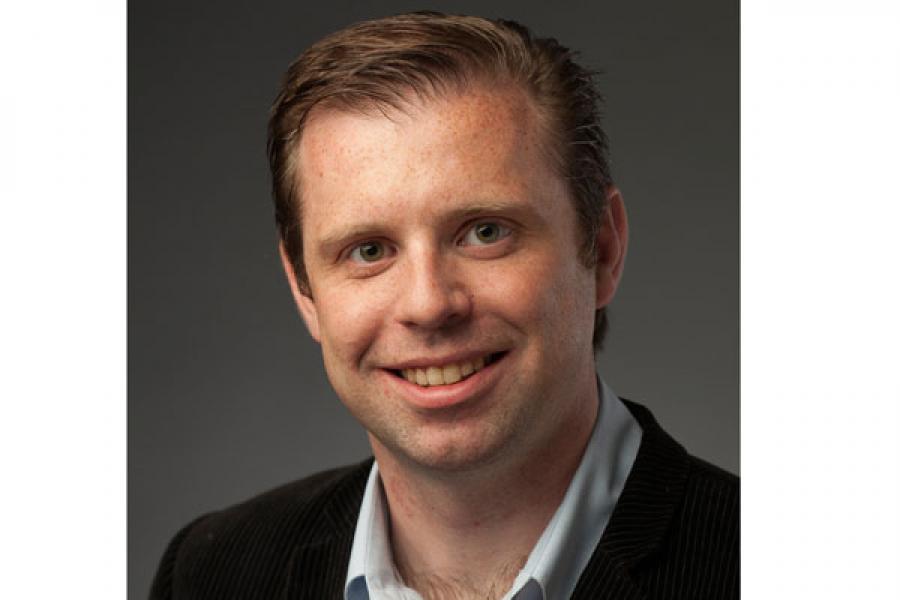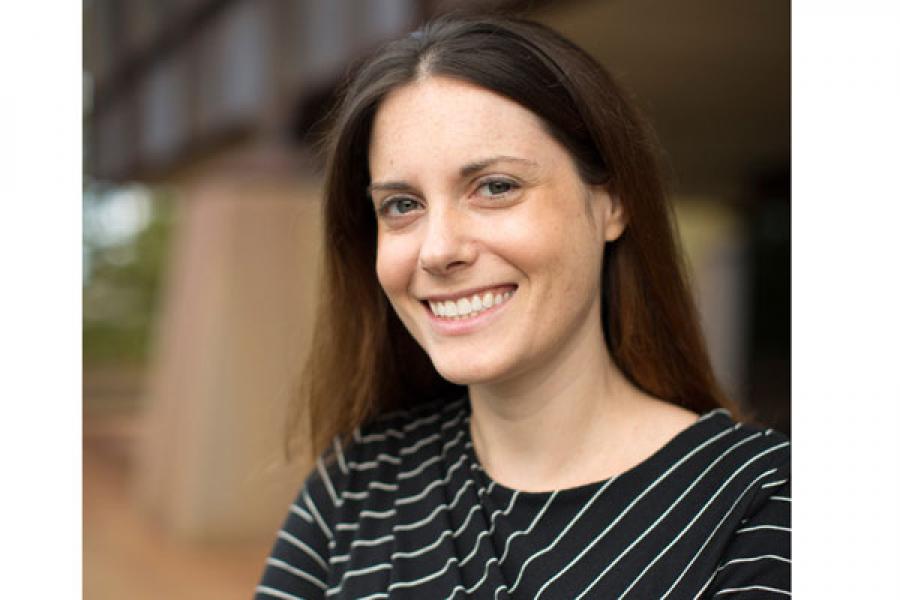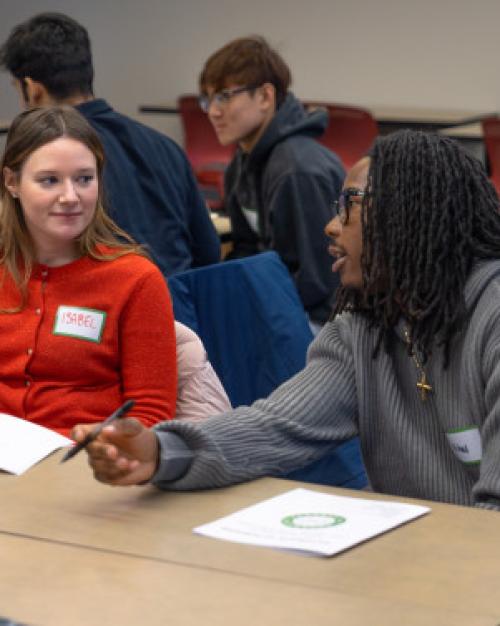Alexander Hayes ’03, M.Eng ‘03, assistant professor of astronomy, and Katherine Kinzler, associate professor of psychology and human development, are among 52 scientists under the age of 40 named Young Scientists 2017 by the World Economic Forum (WEF), “the most forward-thinking and advanced young scientific minds in the world” according to the WEF
Hayes and Kinzler will participate in the forum’s Annual Meeting of the New Champions June 27 to 29 in Dalian, China, with business and political leaders. The meeting will engage 2,000 leading thinkers in science, technology and innovation from 90 countries around the world. Young Scientists are chosen by the World Economics Forum from a wide range of disciplines to contribute their perspective on the latest trends in various scientific fields. The meeting is “a true global experience that addresses today’s intertwined global challenges – economic, political, societal and environmental,” according to its website.
Hayes, director of Cornell’s Spacecraft Planetary Imaging Facility, earned his doctoral degree from the California Institute of Technology in 2011 and has been an assistant professor at Cornell since 2013. His research group focuses on solar system exploration, using unmanned planetary spacecraft to study the evolution of planets and satellites to search for habitable environments in our solar system. He is involved in the Cassini/Huygens Mission to Saturn, Mars Exploration Rovers, Mars Science Laboratory, Mars2020 Rover and Europa Clipper missions.
Kinzler earned her doctoral degree from Harvard University in 2008 and has been an associate professor at Cornell since 2015. Her research uses methods from cognitive development to understand children’s thinking about the social world to elucidate how early thinking lays the foundation for adult reasoning. Much of her research focuses on the origins of prejudice and in-group/out-group thinking, with an emphasis on understanding how language and accent mark social groups. She leads the Development of Social Cognition Laboratory at Cornell. Her research is funded by the National Institutes of Health.
This article also appeared in the Cornell Chronicle.






